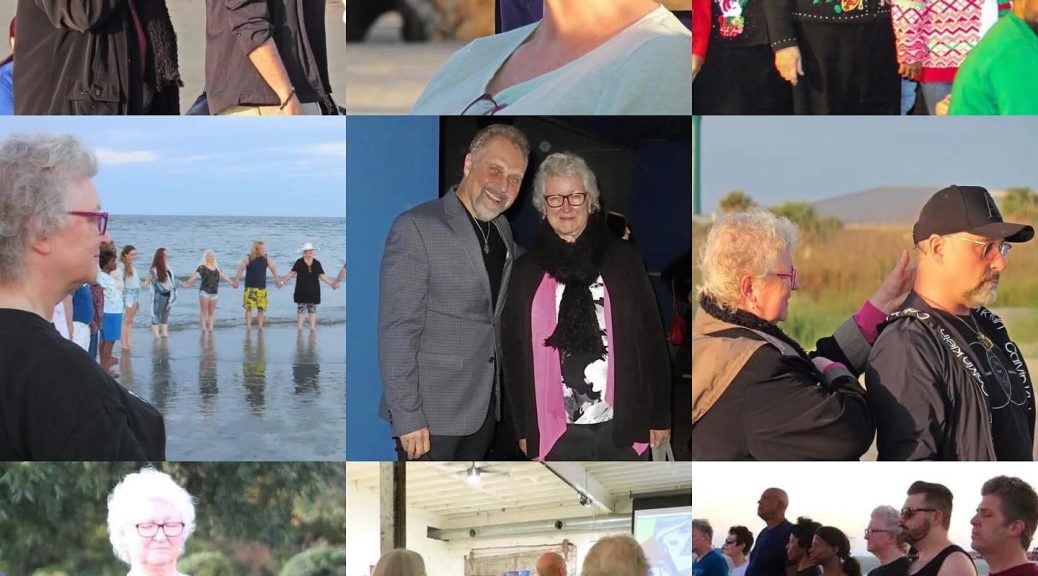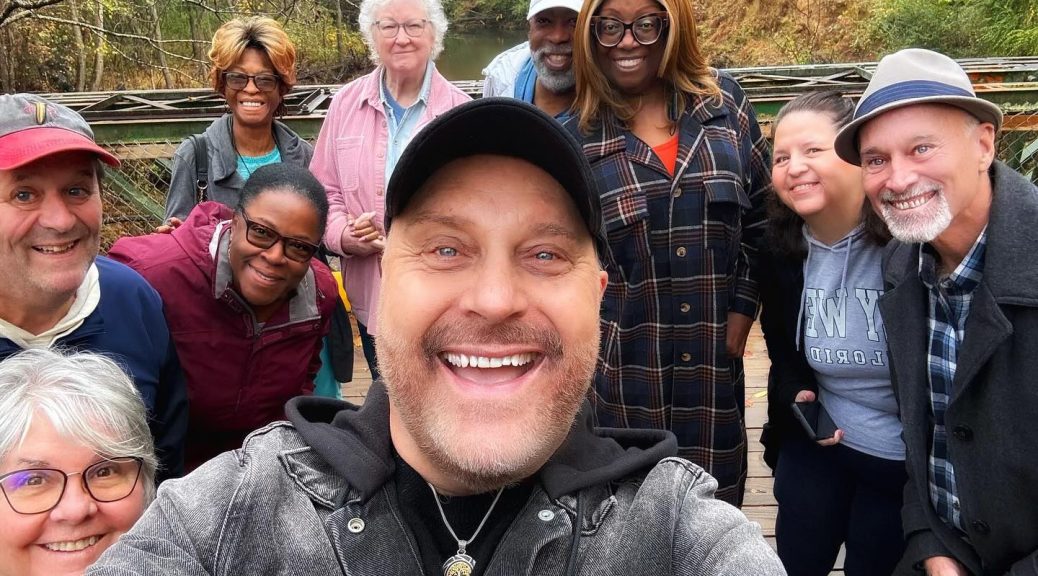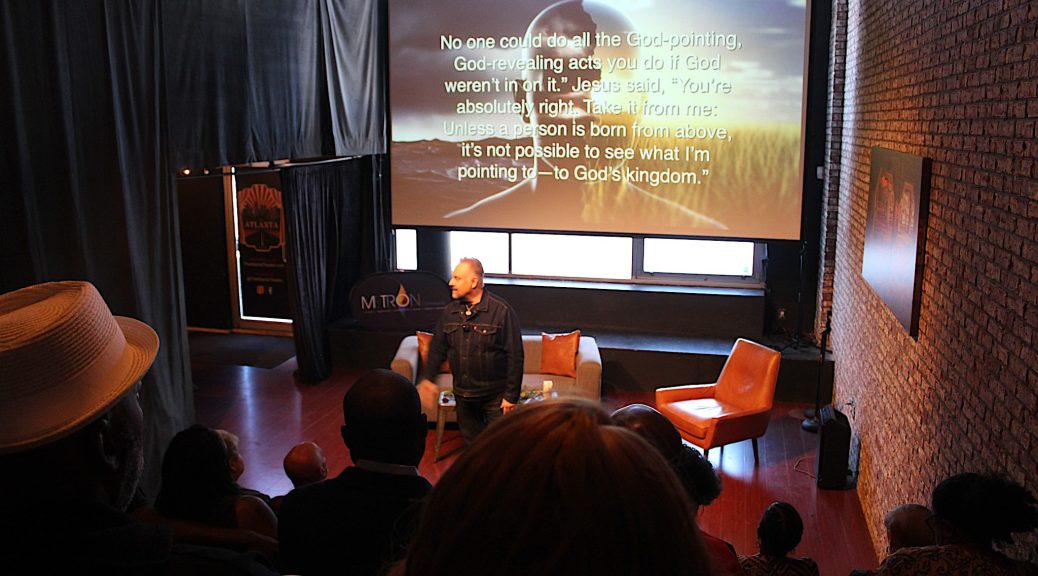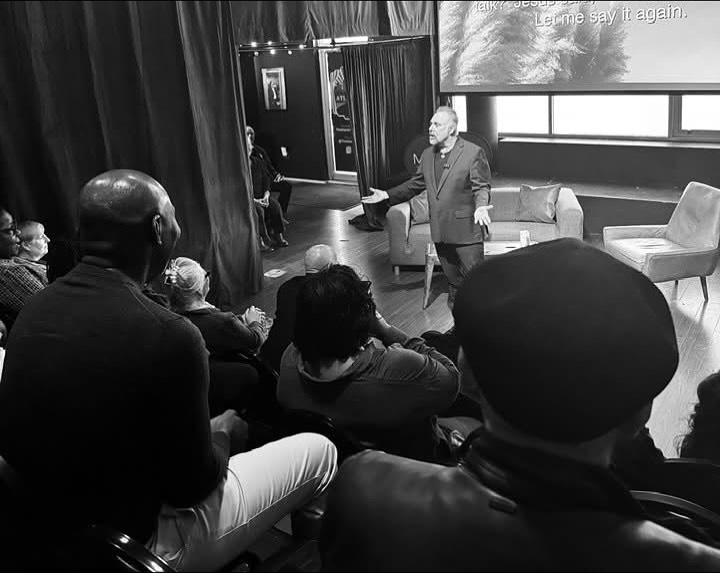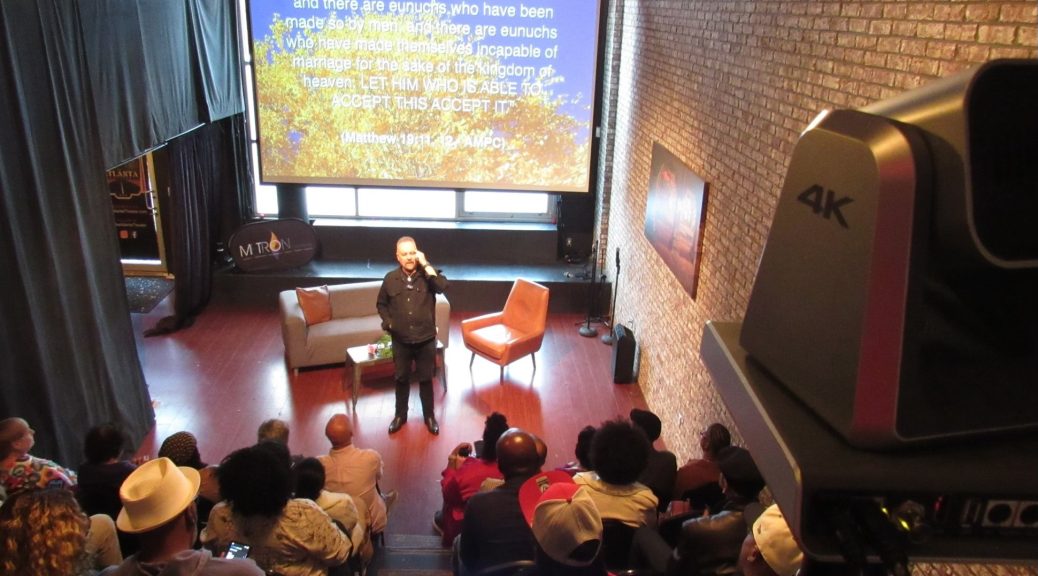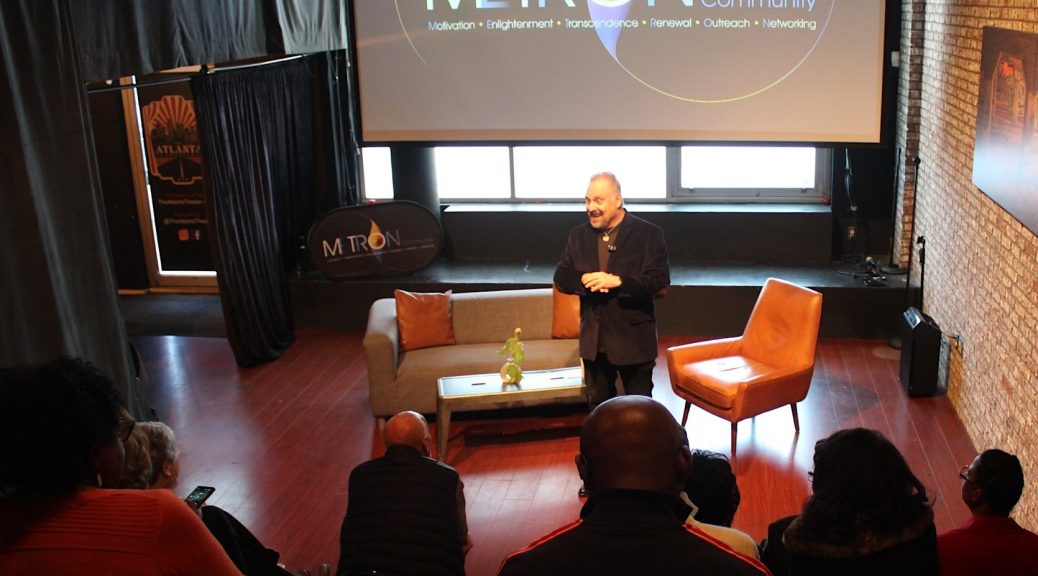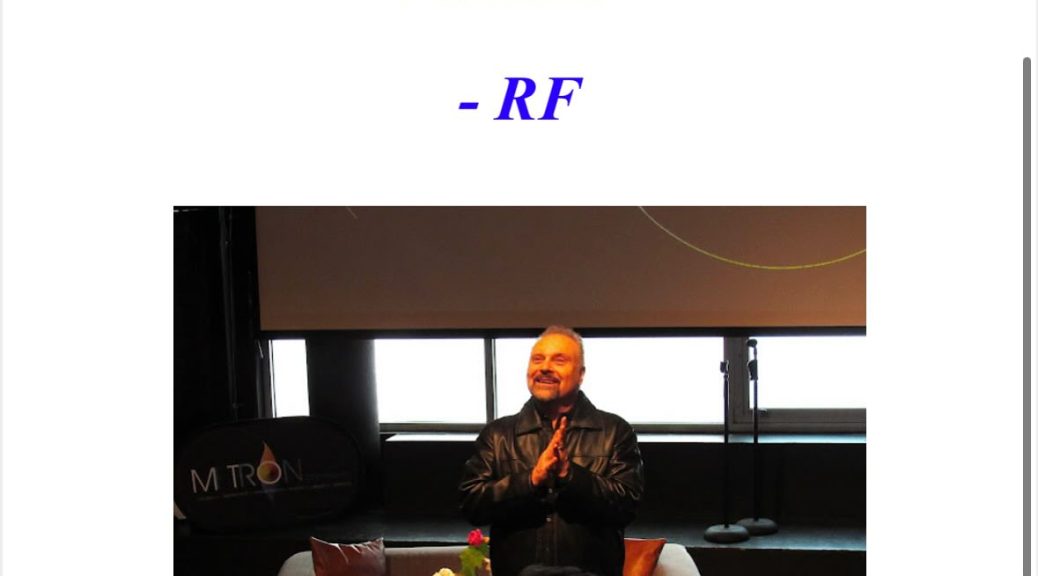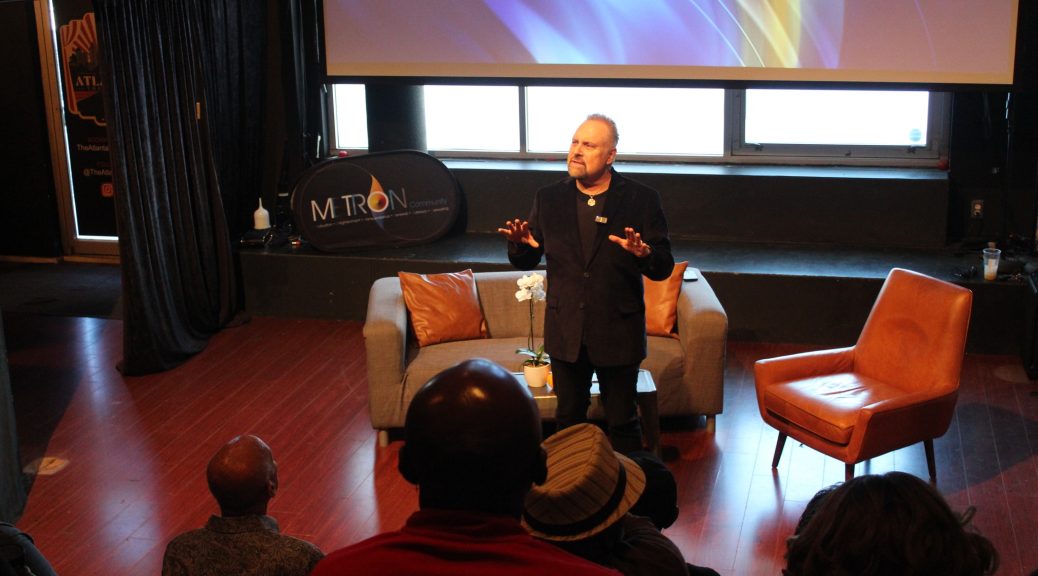
NO ROOM IN THE INN: Holding Space for the Miraculous
Podcast: Play in new window | Download
Join us for Motivation – Enlightenment – Transcendence – Renewal – Outreach – Networking. Happy Holidays.
+website www.bishinthenow.com
+Youtube
– BishInTheNow Join us in person each Sunday at 195 Arizona Ave NE w1, Atlanta, GA 30307
Follow Jim Swilley on Facebook to see the videos live Sundays at 11 am – https://www.youtube.com/bishinthenow
I – AI Overview of “Holding Space” Holding space means being fully present, creating a non-judgmental, safe environment where someone can express their feelings, experiences, or struggles without you trying to fix, change, or guide them, allowing them to feel heard, seen, and supported in their own process. It’s about compassionate witnessing, offering a safe “container” for their emotions, and simply being there, which builds trust and deeper connection. Key aspects of holding space: Presence: Being authentically and undistractedly present in the moment, focusing on the other person’s experience. Non-judgment: Accepting their feelings and story as valid without criticism or imposing your own views. No fixing: Resisting the urge to offer unsolicited advice or try to solve their problem, which can feel dismissive. Safe environment: Creating a sense of security where they feel safe to be vulnerable and express difficult emotions. Bearing witness: Acting as a supportive witness to their pain, joy, or uncertainty, letting them lead. How it’s different from other interactions: Not “hijacking” space: The opposite is taking over, controlling the narrative, or making it about your own anxiety or ego. Not just being nice: It’s a deeper, intentional act of support, distinct from just sharing laughs or being polite. When to use it: When someone is grieving, stressed, or in crisis. To foster deeper, more authentic relationships. In therapy, coaching, or supportive friendships. How to do it: Listen actively and ask clarifying questions like, “What are you feeling about that?”. Validate their experience with phrases like, “That sounds incredibly difficult,” or “I can see why you’d feel that way”. Sit with them in silence if needed, offering your quiet presence. Communicate your presence, e.g., “I’m here for you, no fixing needed”.
_______________________________________
II – #jimswilleybooks “But the angel spoke immediately and authoritatively, saying to them, “Do not be afraid! I am here to announce good news to you…good news of a great and joyful event, and of a new reality! And this good news…this new reality…is for all people everywhere…it is for the entirety of humanity! This very night a Savior has been born in the City of David…a Savior who will perfectly embody the Christ, and will be known as the Lord! If you seek Him you will find Him…and this is what you’re to look for: a baby swaddled in a blanket, and lying in a feeding trough for animals!” As soon as the angel made this declaration, the sky above the shepherds’ heads lit up, and was filled with a seemingly infinite number of angels who formed a thunderous, mass choir, singing God’s praises, and shouting, “GLORY TO GOD IN THE HIGHEST PARTS OF THE HEAVENLY REALM…AND IN THE EARTHLY DIMENSION, PEACE…PEACE TO EVERY SINGLE PERSON ON THE EARTH…AND A REVELATION TO THEM THAT GOD’S WILL TOWARD ALL OF HUMANITY IS ONLY GOOD!”” (Luke 2:10-14 – Luke In The Now/Gospels In The Now)
_____________________________
III – José y Maria by Everett Patterson
